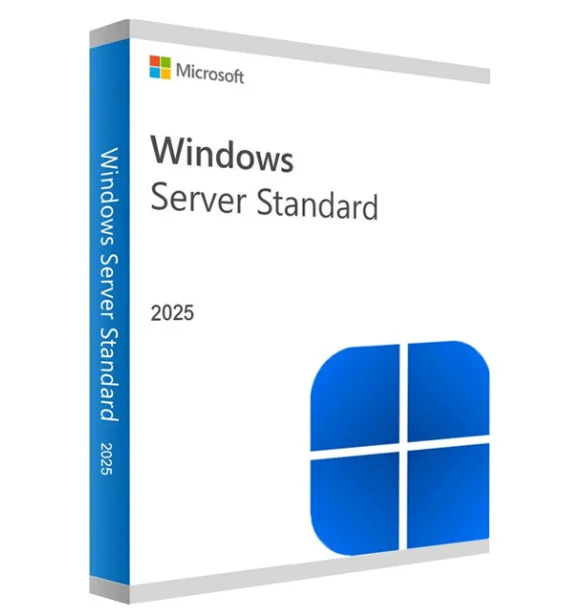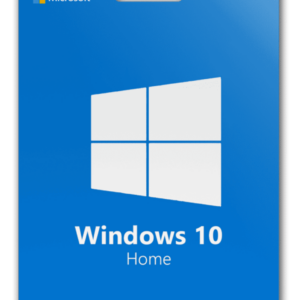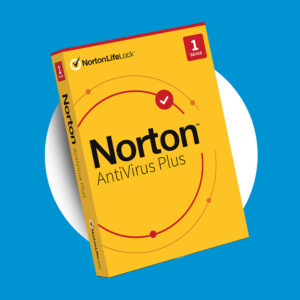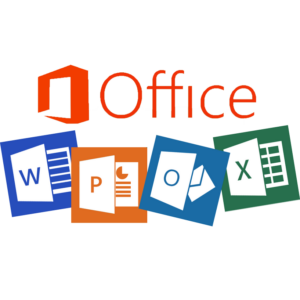
Windows server 2025 standard
Windows Server 2025 Standard introduces enhanced features like hotpatching for in-memory updates without reboots, streamlined Azure Arc integration for hybrid cloud management, and optimized NVMe performance for SSDs with significant IOPS improvements.
Windows server 2025 standard
Microsoft Windows Server 2025 Standard is the latest version of Microsoft’s industry-leading server platform, designed to deliver peak performance, enhanced security, and unparalleled flexibility. Ideal for businesses aiming to optimize their IT infrastructure, this edition comes packed with cutting-edge security enhancements, advanced hybrid integration with Azure, and a robust application platform tailored for modern IT environments. Windows Server 2025 introduces advanced security features like Secured-core Server, which defends against the latest threats with multi-layered protection across hardware, firmware, and the operating system. With virtualization-based security and introduction of the Windows Defender System Guard, it reduces risks of firmware vulnerabilities and malware.
PRODUCT FEATURES
Hotpatching enabled by Azure Arc
Users operating entirely in the cloud have inherent modern security advantages, such as automatic software updates and backup and recovery.
NVMe storage performance
On identical systems, Windows Server 2025 delivers up to 60% more storage IOPs performance than Windows Server 2022.
Block cloning support
As Dev Drive uses the ReFS file system format, Block cloning support provides significant performance benefits when copying files.
New Active Directory (AD) functionalities and capabilities
This includes AD object repair, optional 32k database page size, and improved security for confidential attributes and default machine account passwords.
Virtualization-based security (VBS)
It is designed to help applications protect their secrets by removing the need to trust admins and hardening against malicious attackers.
Windows Local Administrator Password Solution (LAPS)
It automatically generates unique passwords for each computer’s local administrator account, stores them securely in AD, and updates them regularly to improve security by reducing the risk of attackers gaining access to sensitive systems using compromised or easily guessable passwords.



